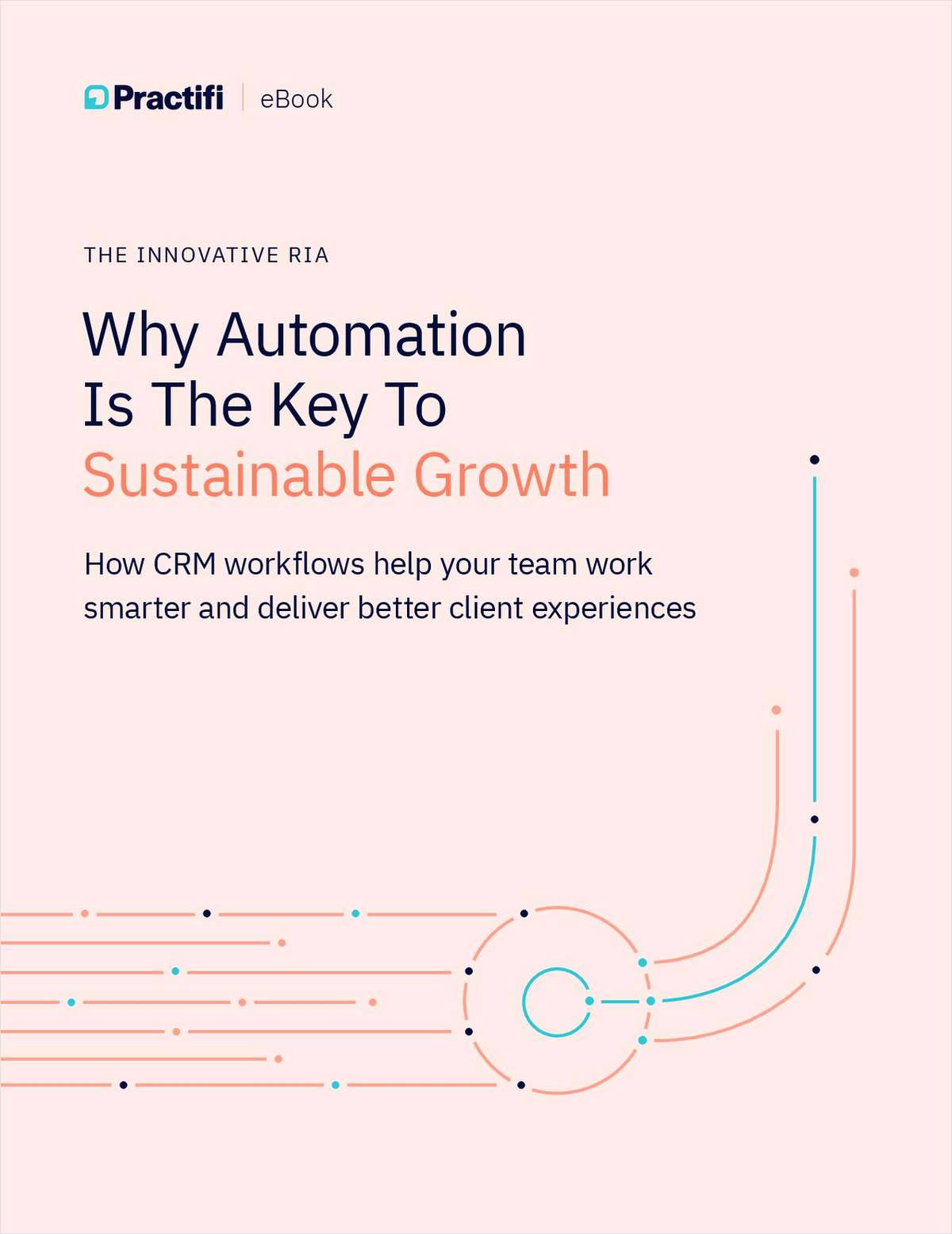New Haven Takes on Big Pharma for Alleged Role in Opioid Crisis
On the heels of Waterbury's lawsuit against big pharma, New Haven followed suit Tuesday claiming the industry is misleading the public on opioid dangers.
November 07, 2017 at 04:36 PM
6 minute read

New Haven filed a lawsuit Tuesday against some of the country's largest pharmaceutical companies, claiming they're behind a long-standing campaign to mislead the public about the dangers of prescription opioids.
The lawsuit, which comes nine weeks after Waterbury filed a similar claim, seeks compensation for New Haven for the costs incurred by the opioid crisis, such as burdens placed on the city's first responders and social services.
The lawsuit claims opioid manufacturers have published misleading articles in medical journals, including publications aimed at doctors who commonly treat chronic pain or that encourage the use of opioids to treat chronic pain, and sponsor continuing medical education courses that persuade doctors that opioids posed no serious threat of addiction.
“The pharmaceutical industry is behind one of the greatest and most tragic epidemics facing cities like New Haven. I could not be more honored to represent New Haven as it takes on the industry on behalf of its community and the families torn apart by the opioid epidemic,” said David Scott, managing partner of Scott+Scott, the law firm representing New Haven.
In raw numbers, Connecticut has seen a spike in opioid-related deaths. In 2012, the Nutmeg State ranked 50th in the nation in terms of opioid deaths, with two per 100,000. But, by 2015 that number had skyrocketed five-and-a-half times and the state's ranking climbed to 12th in the nation, despite a number of legislative actions aimed at curbing the opioid crisis. The U.S. Centers for Disease Control and Prevention reports that opioids were linked to more than 33,000 deaths nationwide in 2015.
According to the State's Office of the Chief Medical Examiner, 917 people in Connecticut died from drug overdoses in 2016, representing a 25 percent jump from the previous year. And, with 70 deaths last year alone, New Haven ranks second in the state in the number of opioid-related deaths.
The lawsuit targets prescription drug manufacturers Purdue Pharma, Teva Pharmaceuticals, Johnson & Johnson, Janssen Pharmaceuticals, Endo Pharmaceuticals and Insys Therapeutics. It also names a number of wholesale distributors, including McKesson Corp., AmerisourceBergen Corp., and Cardinal Health.
John Rose Jr., New Haven's corporation counsel, called the opioid crisis “a plague that has been visited on this city and on countless other towns and cities. Their citizens must be forcefully defended so that lives are saved and families are protected against the heartbreak caused by opioid addiction.”
Judy Scolnick, a partner with Scott+Scott in New York City, was one of the lead attorneys in the lawsuit filed on behalf of New Haven.
The city, Scolnick said, is in crisis mode.
“They are really doing heroic work in New Haven with this epidemic,” Scolnick told the Connecticut Law Tribune Wednesday. “They are addressing the crisis with all of the resources they have at hand. The purpose of this lawsuit is to make sure that the depletion of resources they have experienced in trying to cope with this epidemic will be replenished by the wrongdoing defendants.”
Scolnick said she's optimistic of victory because she believes many of the defendants in the case have outright lied.
“Medical journals are one source of proof (of misleading statements),” Scolnick said, adding, “There has also been guilty pleas by Purdue Pharma. There have also been a lot of settlements between Insys and government agencies. There have also been consent orders for some of the defendants for upwards of hundreds of millions of dollars for off-label marketing. There is a lot of proof of wrongdoing and there has been for years.”
Medical professionals like Dr. Steven Wolf, chairman since 2005 of emergency medicine at St. Francis Hospital in Hartford, have seen the dangers of the opioid crisis upfront and personal. And, Wolf said, it is getting worse.
“It's an extremely bad crisis,” Wolf told the Connecticut Law Tribune Wednesday. “The deaths and overdoes are mounting significantly.”
At his hospital alone, the number of overdoses related to opioids are on the rise.
In fiscal year 2015, St. Francis saw 68 overdoses. That number went to 106 in fiscal year 2016 and 196 for fiscal year 2017.
While there is not one answer as to the “why”, Wolf said you need not look any further than fentanyl. “Fentanyl is the biggest driver for the overdoses and the deaths,” he said. “Fentanyl is mainly imported from China and is much easier to harvest than heroin.”
The lawsuit, Wolf said, is needed.
“OxyContin was specifically made to treat cancer patients and was not for pain relief,” Wolf emphasized. “OxyContin is long action and has a higher propensity for getting people hooked. It was never publicized like that when the drug first came out. It was pushed to us as having a very small chance of addiction. Basically they (big pharma and distributors) pushed those medicines. Between the pharmaceutical companies pushing that it was not highly addictive and the medical profession not really appreciating the addictive quality, it was taken (that it was non-addictive) hook, line and sinker from the drug companies. This really influenced the whole addiction on opioids we have now.”
There is hope moving forward, Wolf said.
“There is a lot of public education now,” he said. “The public and the physicians are more aware and are ratcheting down the use of narcotics and are looking at safer alternatives like Tylenol or a holistic approach.”
Scolnick's firm filed a similar lawsuit against big pharma and the wholesale distributors last month on behalf of Patterson, New Jersey. She said another lawsuit would be filed by her firm on behalf of another Connecticut municipality soon. She declined to say which municipality.
Within the past year alone, at least 25 states, cities and counties have filed civil cases against manufacturers, distributors and large drugstore chains that make up the $13 billion-a-year opioid industry. The great majority of the lawsuit filed against the industry are still pending in court.
In an emailed statement, Purdue Pharma public affairs director John Puskar wrote: “We are deeply troubled by the opioid crisis and we are dedicated to being part of the solution. As a company grounded in science, we must balance patient access to FDA-approved medicines, while working collaboratively to solve this public health challenge. Although our products account for approximately 2 percent of the total opioid prescriptions, as a company, we've distributed the Center for Disease Control Guideline for Prescribing Opioids for Chronic Pain, developed the first FDA-approved opioid medication with abuse-deterrent properties and partner with law enforcement to ensure access to naloxone. We vigorously deny these allegations and look forward to the opportunity to present our defense.”
This content has been archived. It is available through our partners, LexisNexis® and Bloomberg Law.
To view this content, please continue to their sites.
Not a Lexis Subscriber?
Subscribe Now
Not a Bloomberg Law Subscriber?
Subscribe Now
NOT FOR REPRINT
© 2025 ALM Global, LLC, All Rights Reserved. Request academic re-use from www.copyright.com. All other uses, submit a request to [email protected]. For more information visit Asset & Logo Licensing.
You Might Like
View All
Apple Disputes 'Efforts to Manufacture' Imaging Sensor Claims Against iPhone 15 Technology

New Partners at Cummings & Lockwood, Carmody Torrance Sandak & Hennessey
2 minute read

DOJ, 10 State AGs File Amended Antitrust Complaint Against RealPage and Big Landlords
4 minute readTrending Stories
Who Got The Work
Michael G. Bongiorno, Andrew Scott Dulberg and Elizabeth E. Driscoll from Wilmer Cutler Pickering Hale and Dorr have stepped in to represent Symbotic Inc., an A.I.-enabled technology platform that focuses on increasing supply chain efficiency, and other defendants in a pending shareholder derivative lawsuit. The case, filed Oct. 2 in Massachusetts District Court by the Brown Law Firm on behalf of Stephen Austen, accuses certain officers and directors of misleading investors in regard to Symbotic's potential for margin growth by failing to disclose that the company was not equipped to timely deploy its systems or manage expenses through project delays. The case, assigned to U.S. District Judge Nathaniel M. Gorton, is 1:24-cv-12522, Austen v. Cohen et al.
Who Got The Work
Edmund Polubinski and Marie Killmond of Davis Polk & Wardwell have entered appearances for data platform software development company MongoDB and other defendants in a pending shareholder derivative lawsuit. The action, filed Oct. 7 in New York Southern District Court by the Brown Law Firm, accuses the company's directors and/or officers of falsely expressing confidence in the company’s restructuring of its sales incentive plan and downplaying the severity of decreases in its upfront commitments. The case is 1:24-cv-07594, Roy v. Ittycheria et al.
Who Got The Work
Amy O. Bruchs and Kurt F. Ellison of Michael Best & Friedrich have entered appearances for Epic Systems Corp. in a pending employment discrimination lawsuit. The suit was filed Sept. 7 in Wisconsin Western District Court by Levine Eisberner LLC and Siri & Glimstad on behalf of a project manager who claims that he was wrongfully terminated after applying for a religious exemption to the defendant's COVID-19 vaccine mandate. The case, assigned to U.S. Magistrate Judge Anita Marie Boor, is 3:24-cv-00630, Secker, Nathan v. Epic Systems Corporation.
Who Got The Work
David X. Sullivan, Thomas J. Finn and Gregory A. Hall from McCarter & English have entered appearances for Sunrun Installation Services in a pending civil rights lawsuit. The complaint was filed Sept. 4 in Connecticut District Court by attorney Robert M. Berke on behalf of former employee George Edward Steins, who was arrested and charged with employing an unregistered home improvement salesperson. The complaint alleges that had Sunrun informed the Connecticut Department of Consumer Protection that the plaintiff's employment had ended in 2017 and that he no longer held Sunrun's home improvement contractor license, he would not have been hit with charges, which were dismissed in May 2024. The case, assigned to U.S. District Judge Jeffrey A. Meyer, is 3:24-cv-01423, Steins v. Sunrun, Inc. et al.
Who Got The Work
Greenberg Traurig shareholder Joshua L. Raskin has entered an appearance for boohoo.com UK Ltd. in a pending patent infringement lawsuit. The suit, filed Sept. 3 in Texas Eastern District Court by Rozier Hardt McDonough on behalf of Alto Dynamics, asserts five patents related to an online shopping platform. The case, assigned to U.S. District Judge Rodney Gilstrap, is 2:24-cv-00719, Alto Dynamics, LLC v. boohoo.com UK Limited.
Featured Firms
Law Offices of Gary Martin Hays & Associates, P.C.
(470) 294-1674
Law Offices of Mark E. Salomone
(857) 444-6468
Smith & Hassler
(713) 739-1250










